China has responded aggressively to President Donald Trump's pledge to impose further tariffs, warning that Beijing is prepared for a tariff war—or "any other type of war." Trump, 78, plans to dramatically increase tariffs after imposing 25% tax on imports from Mexico and Canada, which took effect on Tuesday alongside new levies on Chinese products.
During his Tuesday night address to Congress, the president announced that more tariffs would be introduced on April 2, including "reciprocal tariffs" and non-tariff measures aimed at addressing long-standing trade imbalances. China's foreign affairs ministry issued a defiant response on Wednesday, saying that if the U.S. seeks conflict, they are ready for a war.
China Threatens War
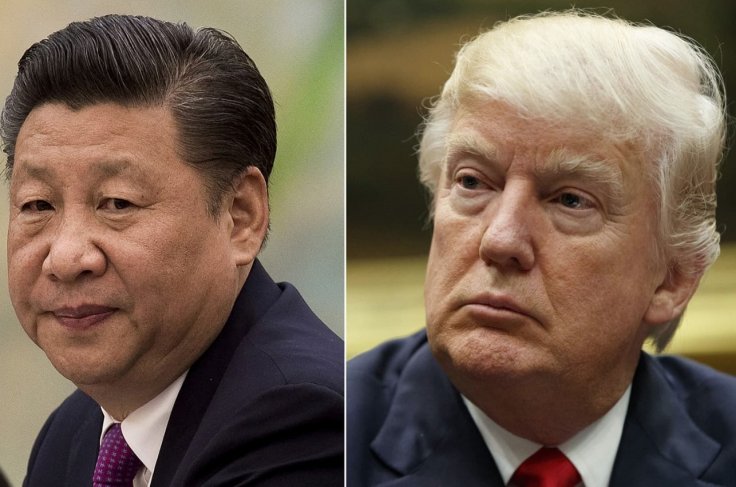
The ministry said that be it tariff war, trade war, or any other kind, it is "ready to fight till the end." The Chinese Ambassador to the U.S. reinforced this stance by repeating the same statement.
The tariffs, which could disrupt nearly $2.2 trillion in annual trade, were introduced after Trump accused America's top three trading partners of failing to take sufficient action to curb the flow of fentanyl and its precursor chemicals into the U.S.
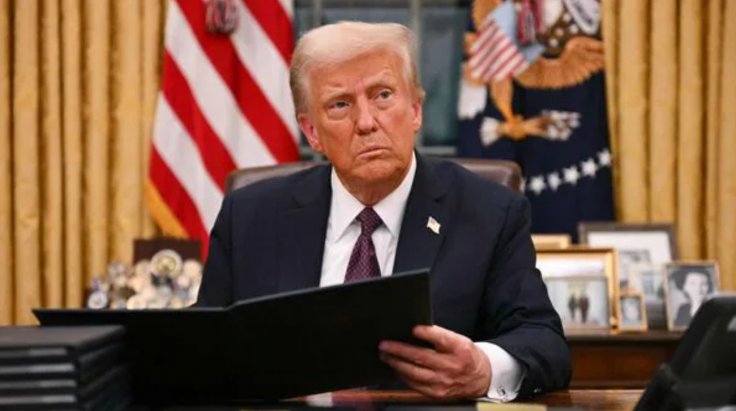
However, Beijing has rejected these claims, calling the fentanyl crisis a "flimsy excuse" for raising tariffs on Chinese goods in its sharp rebuke of Trump.
China's foreign affairs ministry accused the Trump administration of "blackmail" and announced that "Intimidation does not scare us. Bullying does not work on us. Pressuring, coercion or threats are not the right way of dealing with China."
This warning comes as concerns grow over potential trade wars that could slow economic growth and drive up costs for Americans still grappling with the effects of years-long inflation.
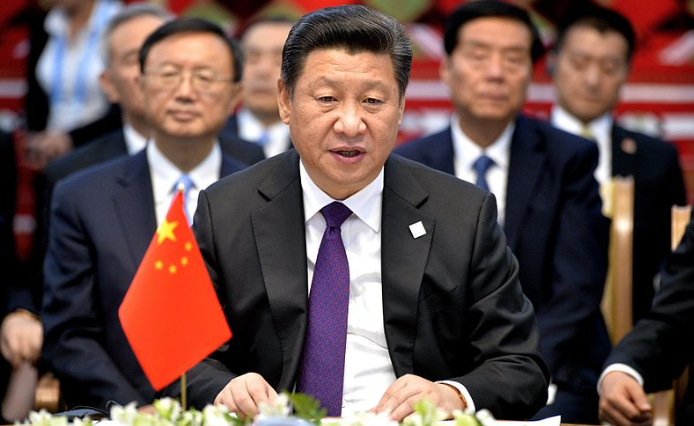
On Tuesday night, Trump reaffirmed his plan to introduce additional reciprocal tariffs next month, a decision that could further unsettle financial markets. "Other countries have used tariffs against us for decades, and now it's our turn," Trump said, pointing to steep duties placed on U.S. products by India, South Korea, the European Union, China, and others.
Final Warning
However, Beijing pushed back against the proposal in a statement from its foreign affairs ministry, shared on X. A spokesperson warned, "Anyone using maximum pressure on China is picking the wrong guy and miscalculating.
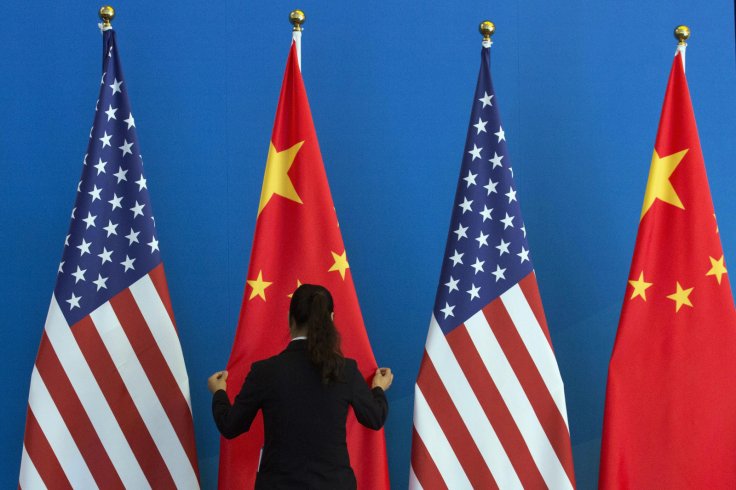
"If the US truly wants to solve the fentanyl issue, then the right thing to do is to consult with China by treating each other as equals."
The spokesperson also dismissed allegations of China's role in the fentanyl crisis, saying, "The US not anyone else, is responsible for the fentanyl crisis inside the US."
"In the spirit of humanity and goodwill towards the American people, we have taken robust steps to assist the US. in dealing with the issue. Instead of recognizing our efforts, the US has sought to smear and shift blame to China, and is seeking to pressure and blackmail China with tariff hikes,' the statement continued.
"They've been PUNISHING us for helping them. This is not going to solve the US's problem and will undermine our counternarcotics dialogue and cooperation."
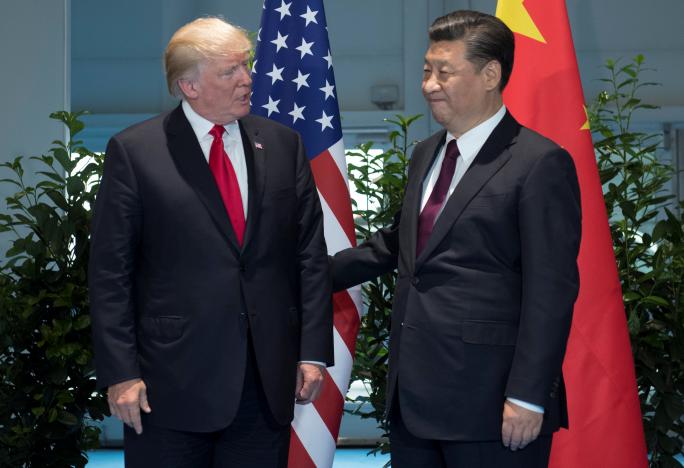
In the past, Trump has spoken positively about his relationship with Chinese President Xi Jinping and even suggested that China could play a role in mediating global conflicts, including the war in Ukraine.
However, economic tensions between Beijing and Washington have continued since Trump's first term, when their relationship evolved into a more adversarial rivalry.
In January, just days before his inauguration, Trump and Xi had a phone conversation where they discussed trade, fentanyl, and TikTok—despite Trump's repeated campaign promises to impose higher tariffs on Chinese imports.









